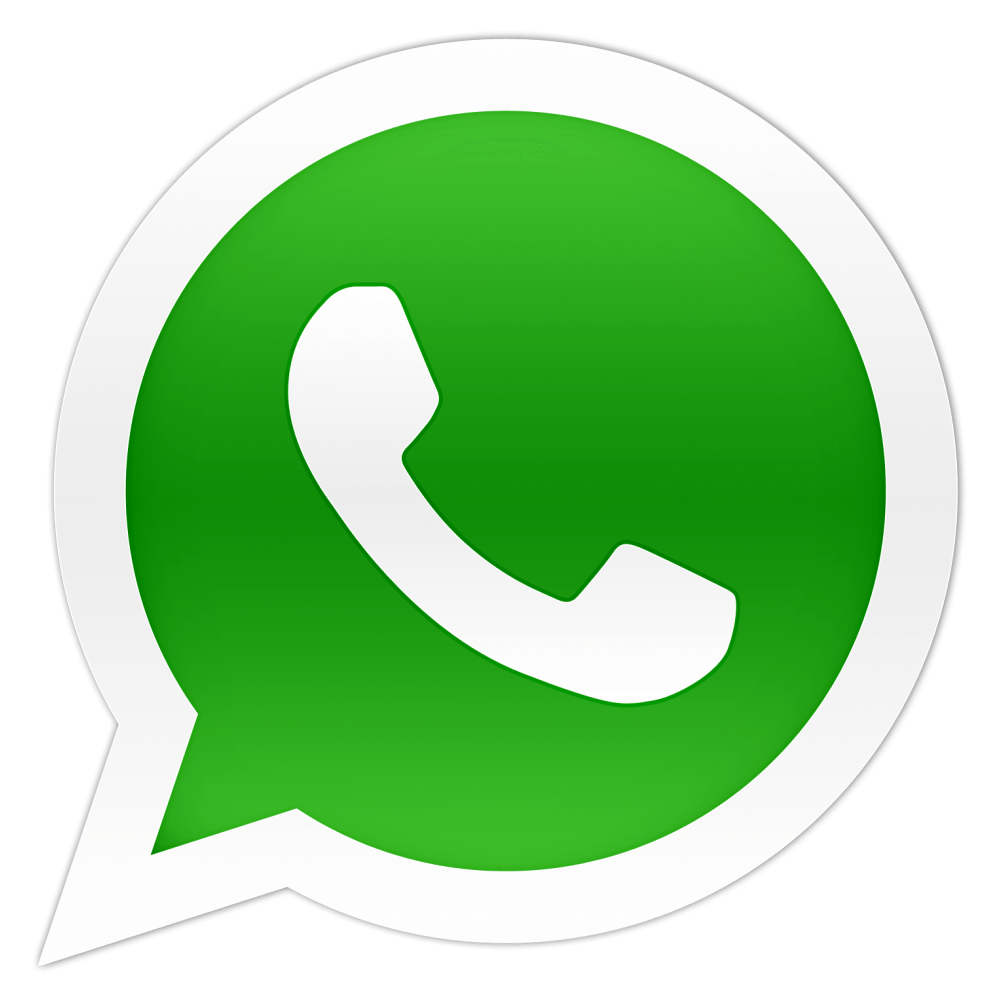Sınusıtıs Surgerıes
Our valuable patient; This information form has been prepared to help you more. It is recommended that you read and apply the following information for situations that may occur after surgery.
Symptoms that can be seen after surgery:
It is normal to have a mild headache, nasal congestion or mild swelling, and bloody nasal discharge after the operation.
If there is no medical reason for the continuation of your hospitalization, you will be able to leave the hospital one day after the operation.
Pain control:
Endoscopic sinus surgery is not a very painful surgery. Generally, painkillers given in post-operative treatment are sufficient for pain control.
If you experience a pain that you cannot tolerate during your discharge from the hospital, you will be prescribed pain medication to use.
Aspirin and some similar pain relievers should not be used for 3 weeks before and after surgery, as they increase bleeding. If you have pain, you can use up to 4 Novalgine or Minoset plus tablets a day on a full stomach.
Intranasal care:
After the operation, you should wash the inside of the nose at least 10 times a day with saline (saline). Nasal washing process; It is necessary to expel accumulated blood clots, to speed healing and to prevent crusting.
For this purpose, you can use "ocean water", which you can obtain from pharmacies with different product names, or "isotonic sodium chloride" with the help of an injector.
Use of nasal tampons:
After endoscopic sinus surgery, nasal packs are generally not used today. However, it may need to be used in some cases. In this case, bad odor in the mouth, difficulty breathing through the nose and congestion can be expected. The tampon is removed within 24-48 hours.
Some of our patients also use soft sponge-like pads that can be absorbed after the surgery and they do not need to be removed.
In most of our patients, we use a tubular silicone mold that provides nasal breathing.
Activity:
· Try to stay away from movements that put weight on the body (such as running, sports, heavy lifting, swimming) for up to 2 weeks after surgery against the risk of triggering nosebleeds.
If possible, sleep with your head higher than your body at night.
There are no restrictions on food and beverage intake. Alcohol and smoking have detrimental effects on your general and nasal health, be careful not to use it.
Medication use:
Post-surgery, treatment to be applied to you in the hospital:
a) Analgesic medication (for pain)
b) Antibiotic (for infection risk)
c) Antiemetic drug (for nausea)
When you leave the hospital:
a) Oral antibiotic (You should use your antibiotic as prescribed, until it is over. If severe diarrhea develops during use, stop your antibiotic and consult your planting.)
b) Saline or ocean water for intranasal washing
c) It is recommended to use nasal steroid nasal spray 1 week after discharge.
Tracking
For your first check-up, you should apply approximately 1 week after the operation date.
Your subsequent follow-ups will be adjusted by your physician according to the disease and recovery response.
· With regular endoscopic controls, the healing phase and whether any adhesion occurs will be evaluated.
Usually it takes 2 months for your nose to return to normal completely.
· If you continue to smoke after surgery, you should know that your disease is likely to recur.
Complications:
If; You can contact your doctor if you have a fever of 38 degrees and above, if you develop swelling in the eyes, blurred vision, double vision, severe headache, neck stiffness or change in consciousness, severe diarrhea, or persistent active bleeding.
We hope that you will benefit from this surgery and that your next life will be healthy and peaceful.
